Overview
Saddle Lake Cree Nation received $79,999 to complete a Climate Risk and Resilience Assessment. Grant proceeds were provided by the MCCAC through the Climate Resilience Capacity Building Program, funded by the Government of Alberta.
Saddle Lake Cree Nation partnered with Shared Value Solutions Ltd. to support the first phase of this project, which involved a series of community engagement exercises to better understand community concerns, values, and priorities around climate change.
Approach
Saddle Lake Cree Nation is a Plains Cree Nation located in Treaty 6 territory, approximately 180 km northeast of Edmonton.
The Nation maintains strong connections to surrounding lands and waters and provides opportunities for land-based activities and intergenerational learning to promote cultural connections to longstanding traditions and practices.
This project was completed to engage with Saddle Lake Cree Nation community members to better understand their concerns and priorities around climate change, to document where and how they are observing and experiencing climate impacts, and to identify specific areas of vulnerability and resilience.
The project included three community mapping sessions, each followed by a knowledge sharing circle with Elders, hunters, and knowledge keepers.
During the community mapping sessions, participants were asked to identify significant locations and changes to the landscape which were documented on a map. During the knowledge sharing circles, members shared how they are witnessing climate impacts to lands, waters, and ways of life; discussed shared experiences; and shared hopes for the future in their community.
Results
In doing this work, Saddle Lake Cree Nation has identified and documented how climate change is impacting their Treaty and inherent Indigenous rights, through reduced access to land for harvesting and impacts to other land-based activities that are central to their way of life.
The project resulted in a final report that details the results of the community mapping exercises and knowledge sharing circles. It summarizes the ways that Saddle Lake Cree Nation members are experiencing the impacts of climate change in their territory, including:
- Changes to harvesting and to the availability and quality of wild foods
- Changes to water quality and quantity
- Changes to the environment, including the weather and the physical landscape
- Changes to culture, cultural practices, identity, and overall way of life
- Changes to human health and well-being
Based on these community discussions, the report outlines a list of future objectives to support climate change adaptation planning in Saddle Lake Cree Nation.
Benefits
Through this project, the Nation learned the importance of participating in climate change adaptation planning.
Creating opportunities for Nation members to come together to share experiences and gaining a greater understanding of lived experiences of climate change within the community are critical steps in preparing for future climate change.
For Saddle Lake Cree Nation, their community and culture are dependent on a healthy and productive land base, and this work will contribute to cultural continuity and sustaining time-honoured traditions within the Nation.
The Nation is taking a proactive approach to identifying changes to the landscape, enabling them to better plan for and manage risk and protect their lands and waters.
“The Saddle Lake Cree Nation is in an understanding that the climate change has impacted our nation and our way of life for many years. The climate resilience project has given us a bit of understanding to the effects climate change has on our way of life.”
John Large, Leadership, Saddle Lake Cree Nation
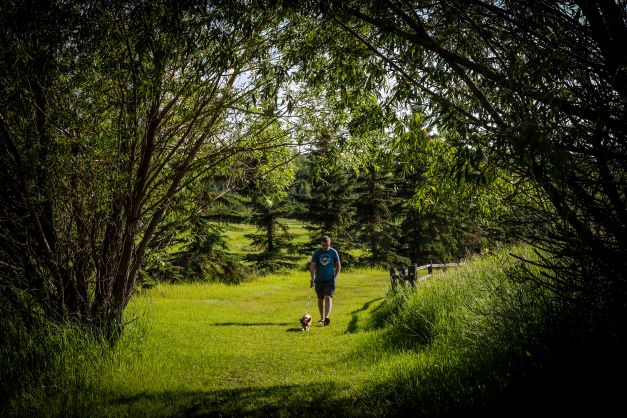
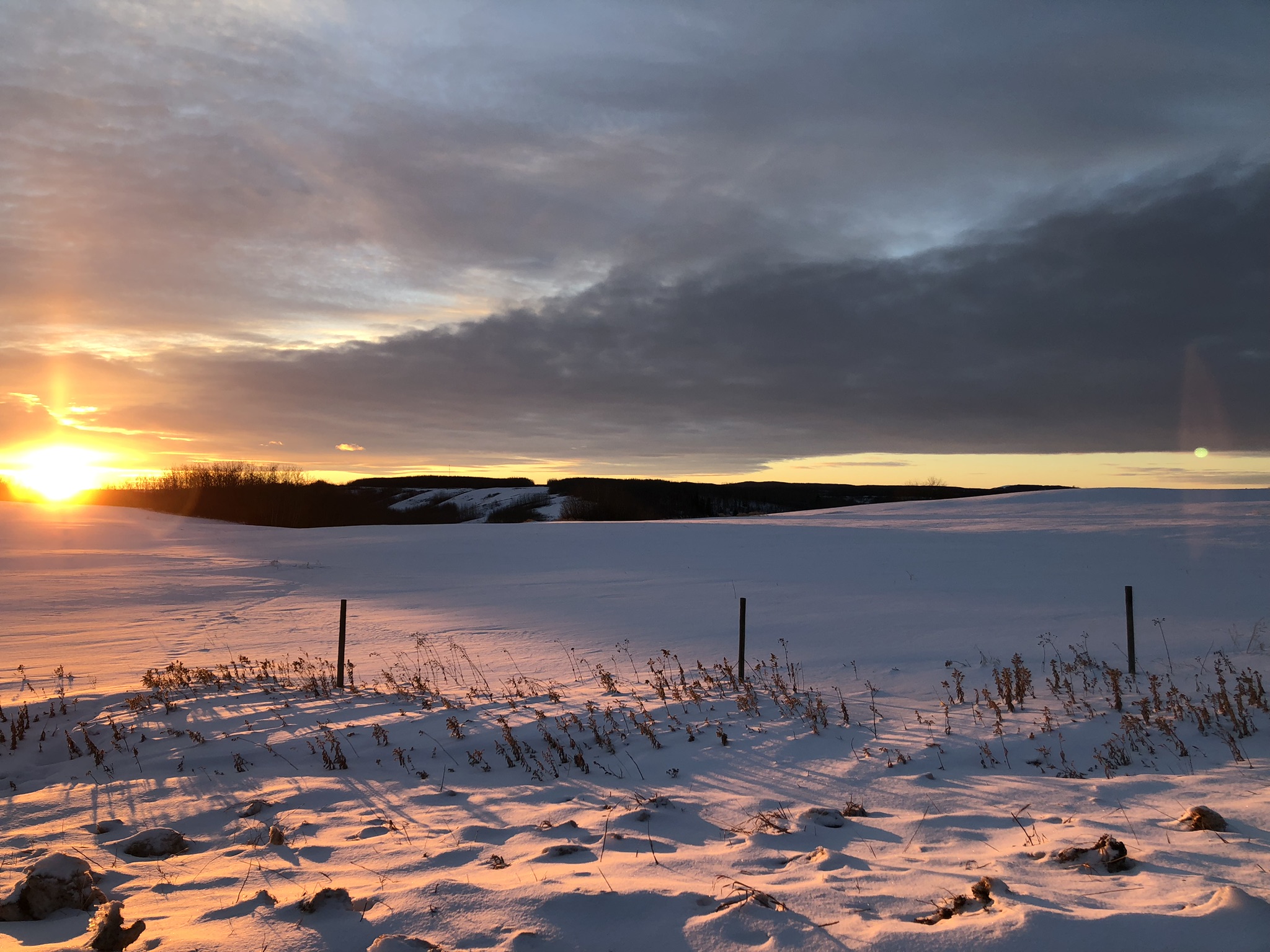

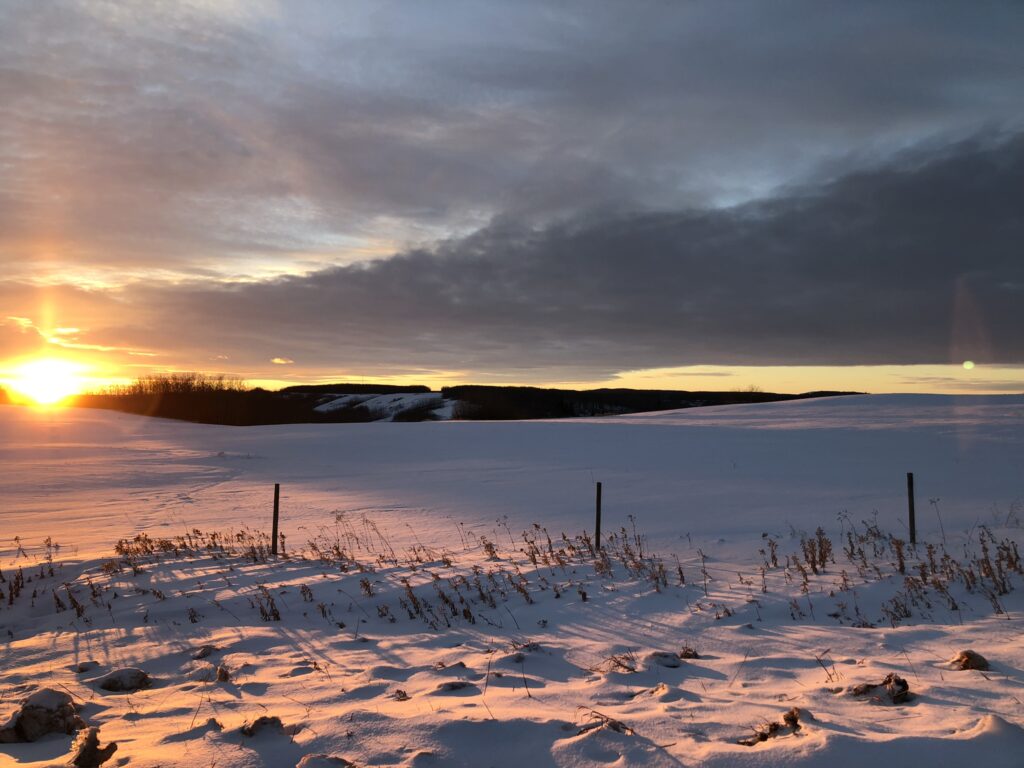
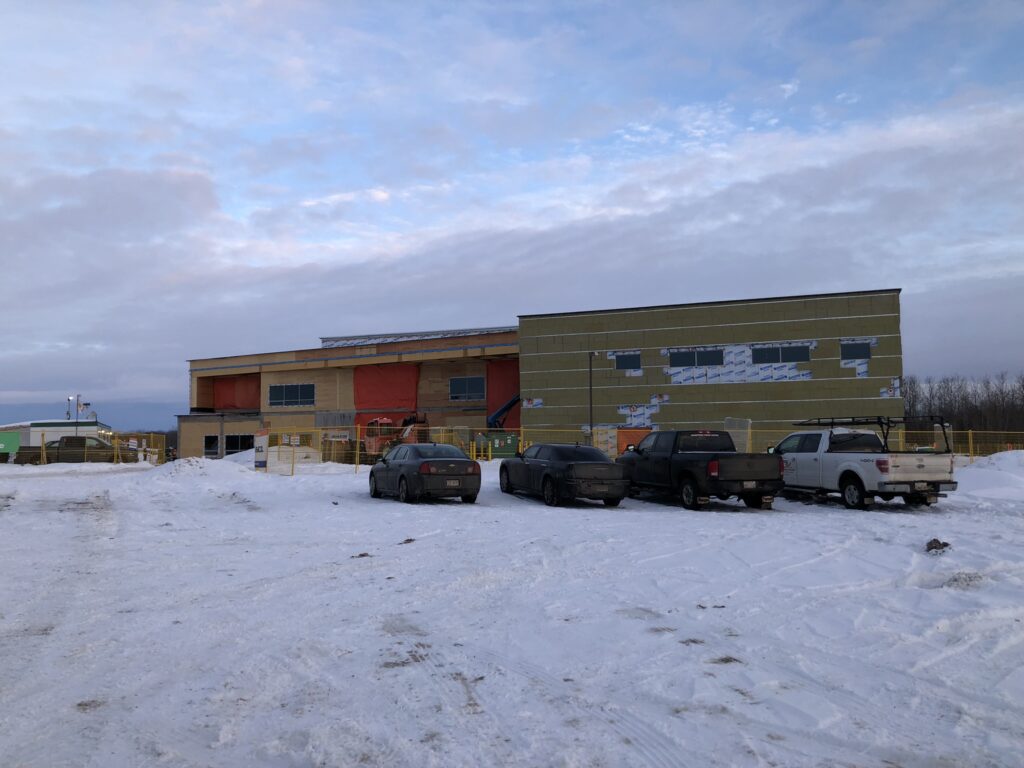
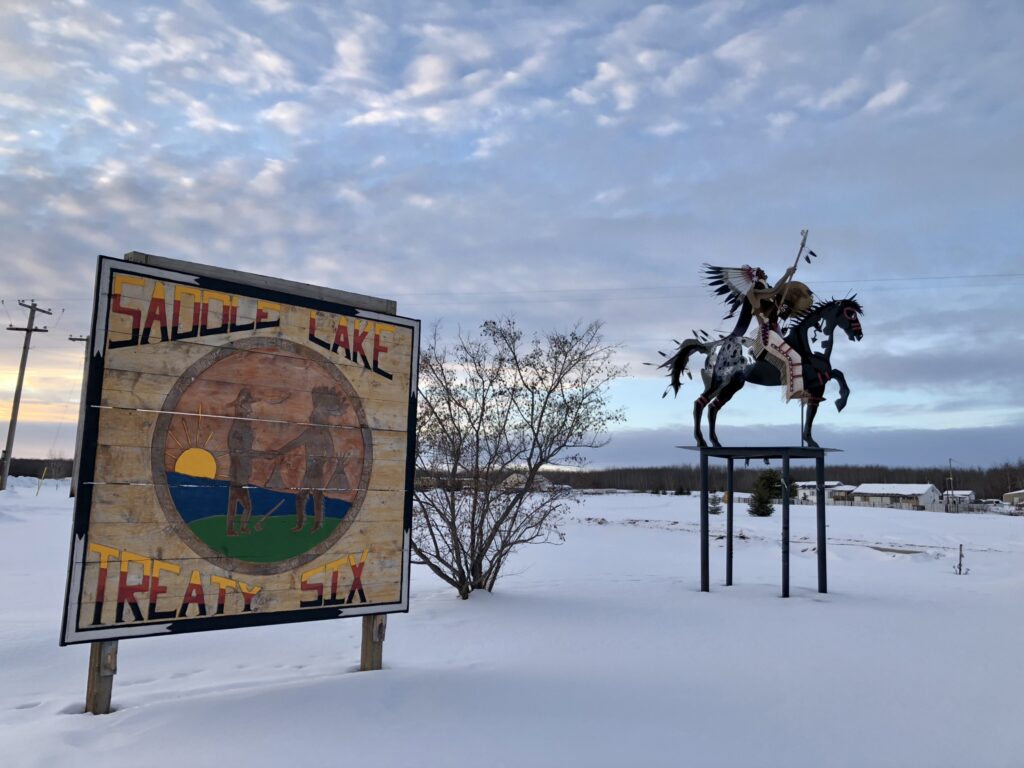

You must be logged in to post a comment.